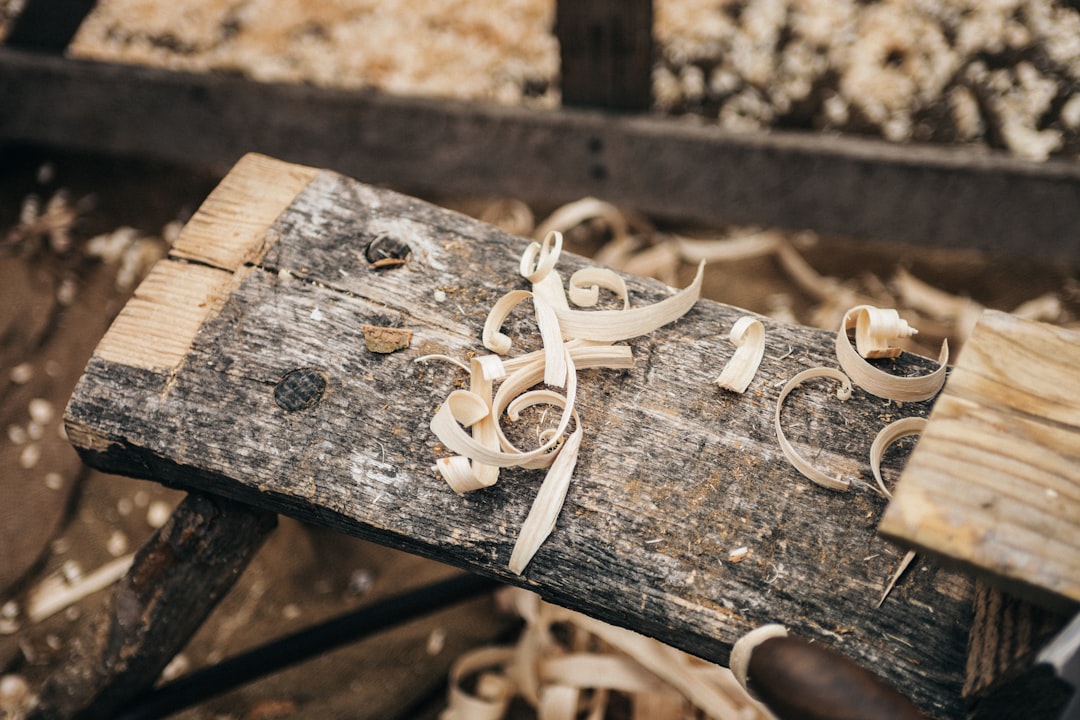A Jew Walks Into an Ashram
What is idol worship and why is it so frightening? Today I offer a poem and a story to open up the questions.

Abraham is a fascinating character. The man who is destined to be the father of monotheism was also said to be the son of Terah, an idol carver1.
The rabbinic literature gives Abraham a rich backstory to help bridge these bits of biography: As a young man, Abraham challenges the practice of idol worship and smashes the statues in his father’s workshop.
But what about Sarah? What is her backstory related to the idols that would have been part of her life, too?
Not only was she married to Abraham, but she is also Terah’s daughter. She too has spiritual roots in a polytheistic culture and devoted her life to what amounts to a theological revolution. She’s referred to in rabbinic texts as a ‘builder of souls’ and was likely a priestess in her early life. In any temple she might have tended, she would have been surrounded by statues of deities.
And many of those deities would have been female: Goddesses of fertility, childbirth, motherhood, and more. Sarah must have wrestled with how to hold onto the wisdom traditions of her ancestors while bringing forward a new revelation of God as oneness and unity.
In today’s poem, I fill in some of Sarah’s backstory.
Listen to this week’s poem, “In Terah’s Workshop” by Tzivia Gover
Copyright Tzivia Gover and Third House Moon, LLC. All rights reserved.
Or maybe I’m just projecting my own questions about the biblical prohibitions against idols onto Sarah.
Keep reading to learn about the questions that arise when I visit yoga studios and ashrams—and how writing these poems has helped.
Keep reading with a 7-day free trial
Subscribe to The Life of H to keep reading this post and get 7 days of free access to the full post archives.


